Affiliate links on Android Authority may earn us a commission. Learn more.
Why you should (and why you shouldn't) buy a used smartphone
Published onMarch 29, 2019
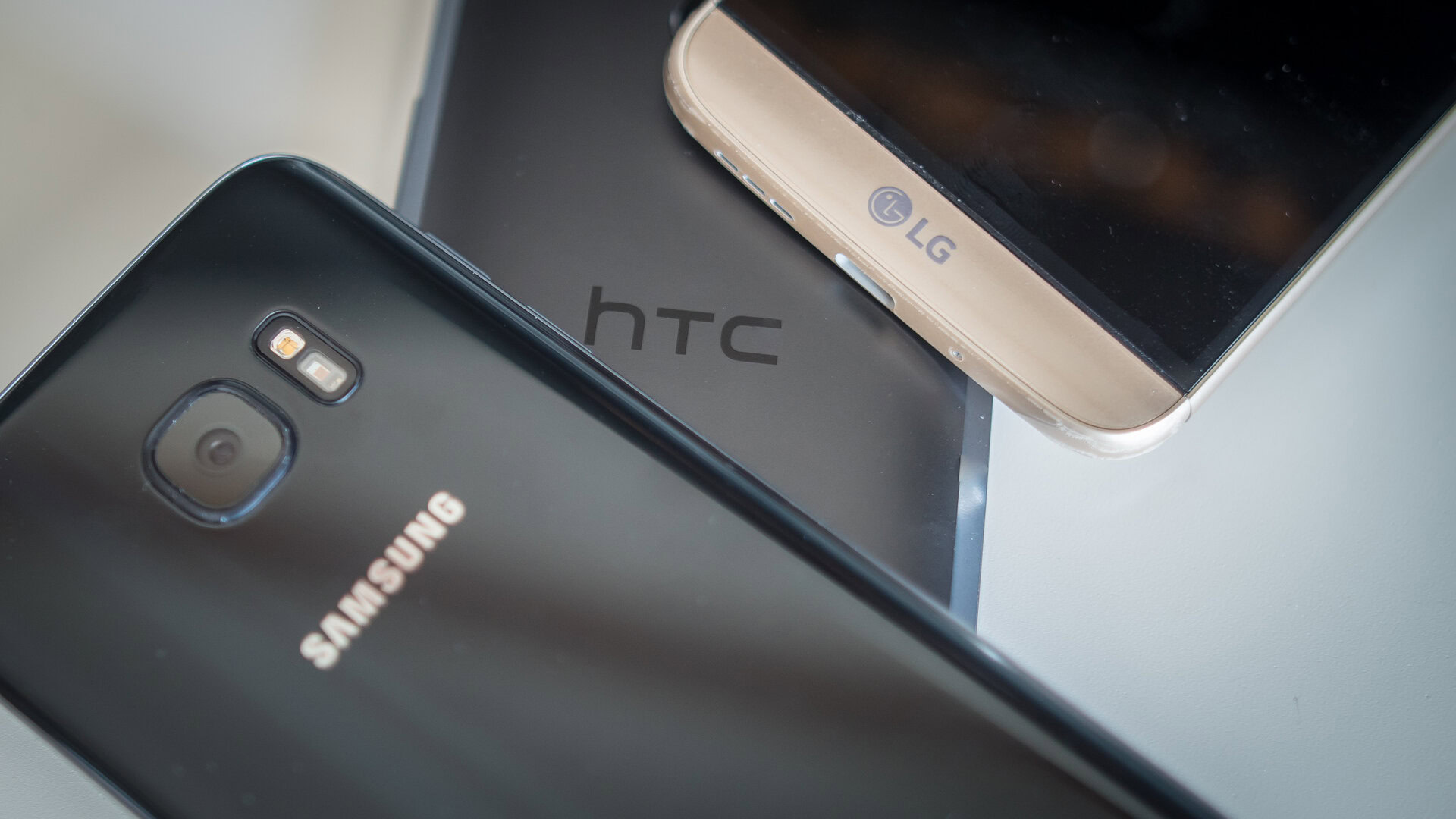
To buy a used smartphone, or not to buy a used smartphone? For the frugal folks among us, the question seems fairly self-explanatory: used phones are cheaper, therefore the better bargain.
However, that might not always be the case. Over the past few years, the budget and mid-range categories of smartphones have exploded, with brand new models sometimes performing as well — or even better — than other devices which cost twice as much. There are even newer companies that specialize only in phones that deliver a high-end experience for as little cash as possible.
Granted, sometimes you need something specific — something you can only get from one particular brand or style of device. In that case, if you were to buy a used smartphone you might be making the best move.
Let’s get more in-depth on this topic. First, let’s start with the reasons to buy a used phone.
Also read: Buying used Pixel phones: How to save money and avoid the pitfalls
Why you should buy a used phone
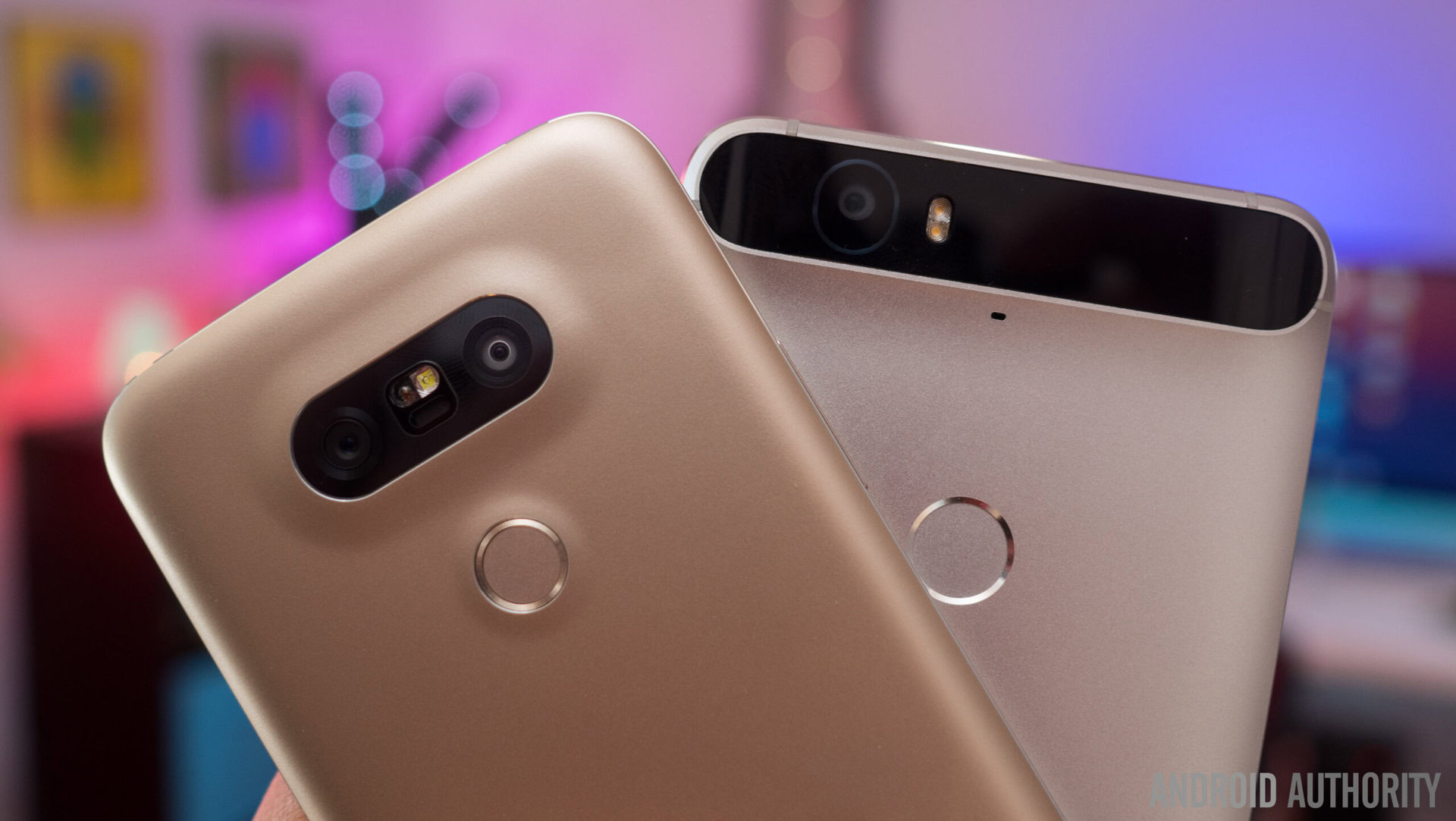
In general, the only real reason to buy a used phone is if you absolutely need a certain feature, design style, or brand. The best way to decide whether or not to buy used is to think about your smartphone deal-breakers.
For example, one of the most important smartphone features for many consumers is the camera. If you are a shutterbug and use your smartphone to take tons of photos, you’re going to need something that gives you the best output possible. However, if you’re also on a budget you might not be able to afford the best-in-class HUAWEI P30 Pro or the Google Pixel 3 XL.
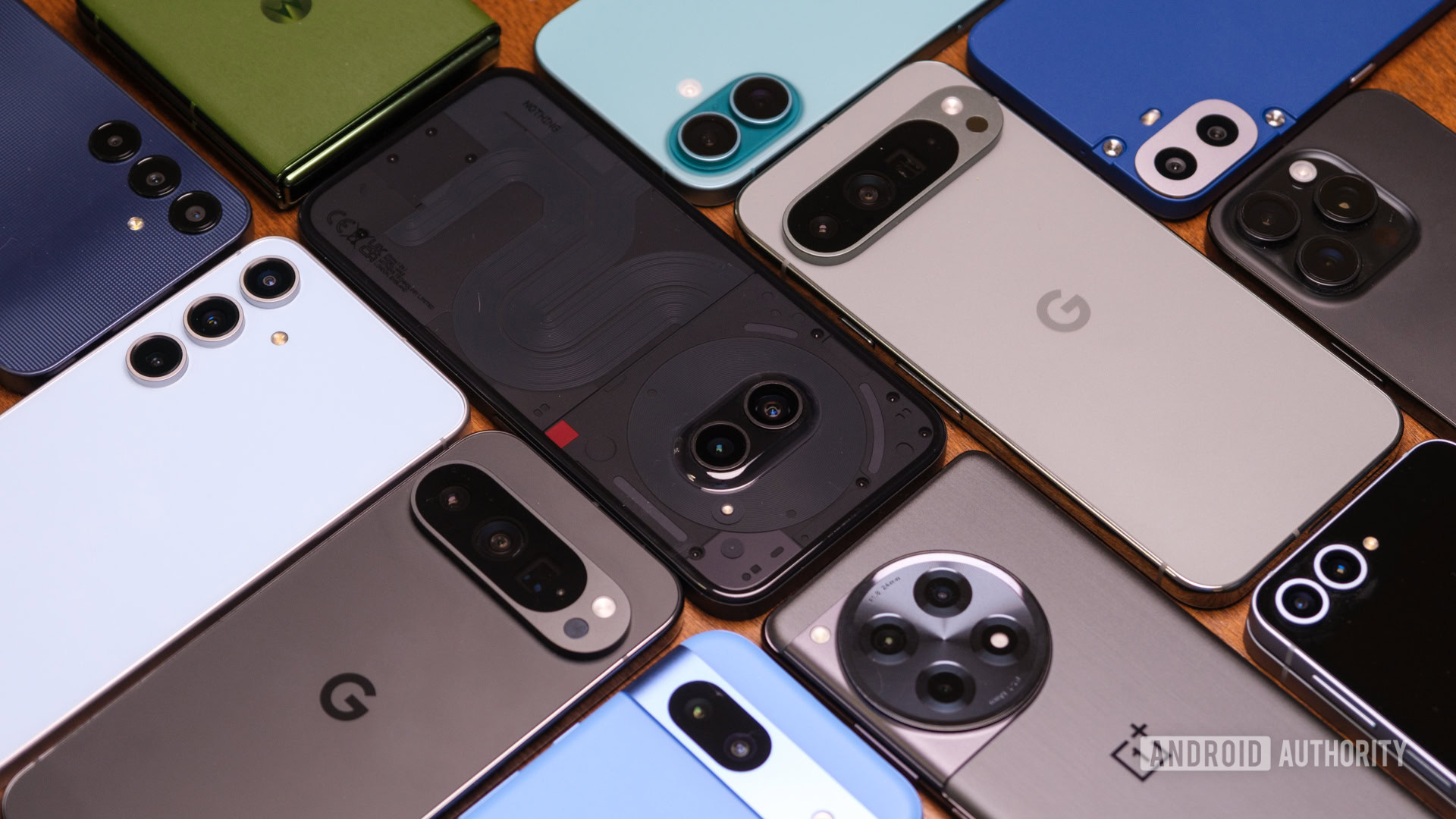
This would be the perfect reason to buy a used phone. If you could find those devices for a good price on eBay, Swappa, or another second-hand site, that would make sense. You could even go a generation back to save more — the Google Pixel 2 XL, for example, has almost as good a camera as the 3 XL and has many of the same features.
On the other hand, the latest-and-greatest features may not be what you’re looking for, and in that case you might actually want to take a step back. For example, almost every flagship device from 2018 features a rear-mounted fingerprint scanner or an in-display fingerprint scanner. If you really want a device with a physical scanner on the front, buying an older flagship used could be your best bet. In this case, something like the HUAWEI P20 Pro would be a great choice, which is much cheaper now than it was when it launched and is still getting softFsnware support from Huawei.
There are plenty of great reasons to buy a used phone, but 'they are always cheaper' isn't exactly the best one.
Maybe you have small hands and thus need a phone with a smaller design factor, or maybe you love the Galaxy Note line’s included stylus and want the Samsung Galaxy Note 9 at a cheaper price. These are also good reasons to buy a specific device used.
It should be noted that used phones come with limitations. Some of them have no warranty, some will come with knicks or other cosmetic blemishes, some will be missing accessories, etc. However, if you desperately need a particular feature and the best (or only) way to get it at a decent price is to buy used, then that’s absolutely what you should do.
If you do decide to buy used, be sure to read our article here on the do’s and don’ts of buying a used smartphone. But don’t go there quite yet! You should read the next section first.
Why you shouldn’t buy a used smartphone
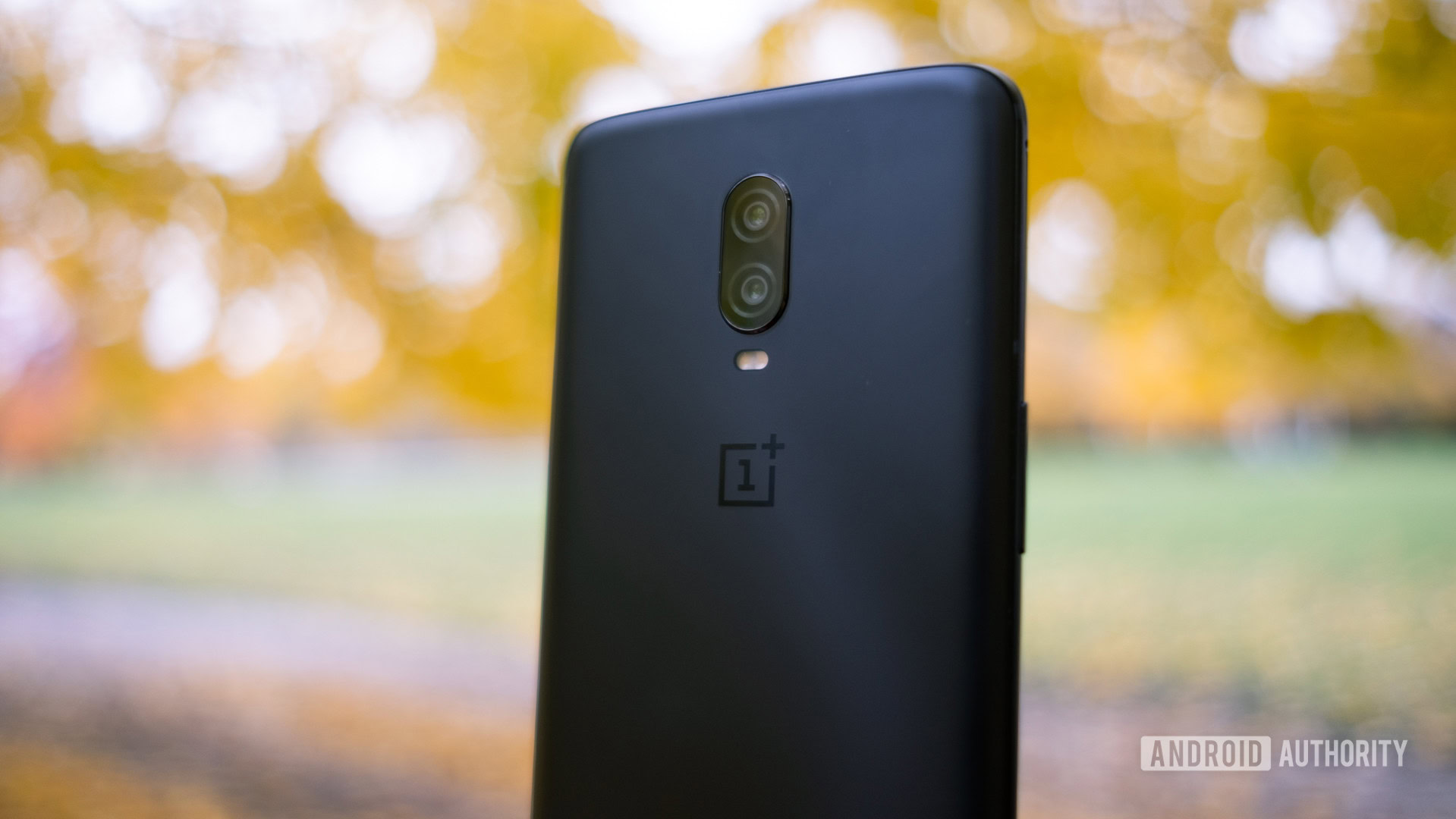
The smartphone industry has changed quite a bit in the past few years. Previously, if you wanted the newest, coolest features, you had no other choice but to buy the latest-and-greatest smartphone. There was no way around it.
However, innovation within the industry as a whole has slowed down a lot. Nowadays, you could pick any Android flagship at random and chances would be good that it would have the same core features as any other. Yes, there will always be one or two things a flagship from Company A will have that Company B doesn’t, but it’s not likely to be a deal-breaker for the general consumer.
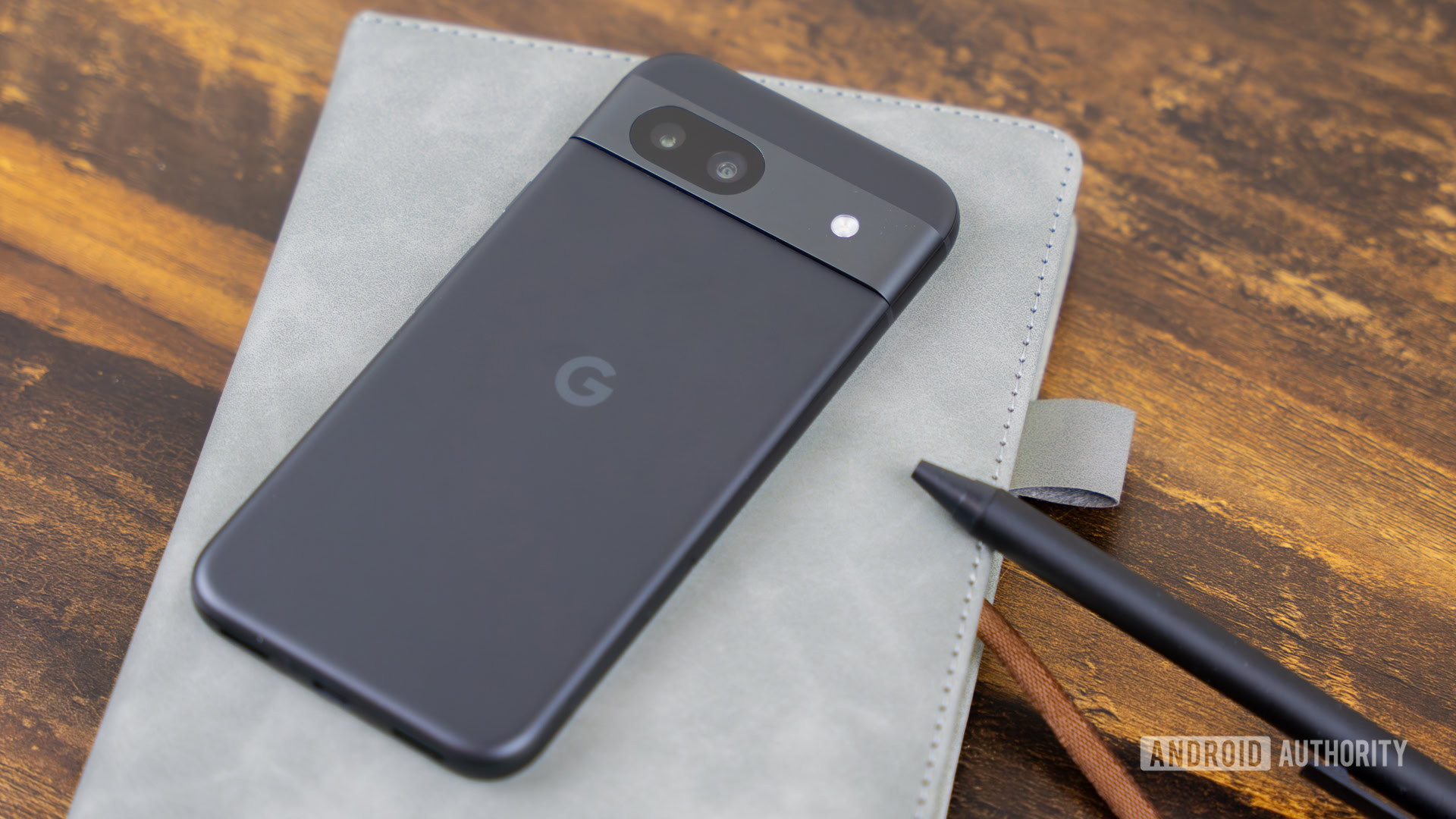
With that in mind, the features of the high-end flagship Android devices and the features of the mid-range are quickly becoming very similar. As such, you can buy a brand new smartphone with all the core features you need for a similar price as buying a used flagship.
If you can get everything you want from a brand new phone at the same price as a used one, why would you buy used?
Take the Xiaomi POCOphone F1, for example. The device has a huge battery (4,000mAh), the Qualcomm Snapdragon 845 processor (still a great processor), and either 6GB or 8GB of RAM. Depending on where you live, you can get this phone for between $300-$400, brand new.
If you don't have many specific deal-breakers when it comes to smartphones, a brand new mid-ranger is the better decision.
The OnePlus 6 and OnePlus 6T have similar specs to the POCOphone F1, but more premium build materials and better availability by country. The starting price for the OnePlus 6 is $530, brand new.
The mid-range market is only growing, too. The 2019 HONOR View 20, for example, is getting stellar reviews — including from here at Android Authority — and features a nearly all-screen display, a headphone jack, an IR blaster, and terrific specs and build quality. Although it’s only available in China at the moment, we anticipate its global price to start at less than $500.
Another thing that these newer smartphones will have over their older, used counterparts, is software updates. Every device given as an example in this section will get Android security updates for at least another year, probably two. They also will all likely receive an update to Android Q, which something not every older used phone is going to offer you.
With that in mind though, don’t forget that there are still plenty of new units of older generations of flagships out there. A quick perusal of eBay shows plenty of brand new units of the Google Pixel 2, the Samsung Galaxy Note 8, the LG G7 ThinQ, the HUAWEI Mate 10 Pro, etc. Even though these devices are unused and still in the box, they’re selling for much less than their newer counterparts. Yes, they might not get updates for much longer, but they are still viable options.
What should you do?
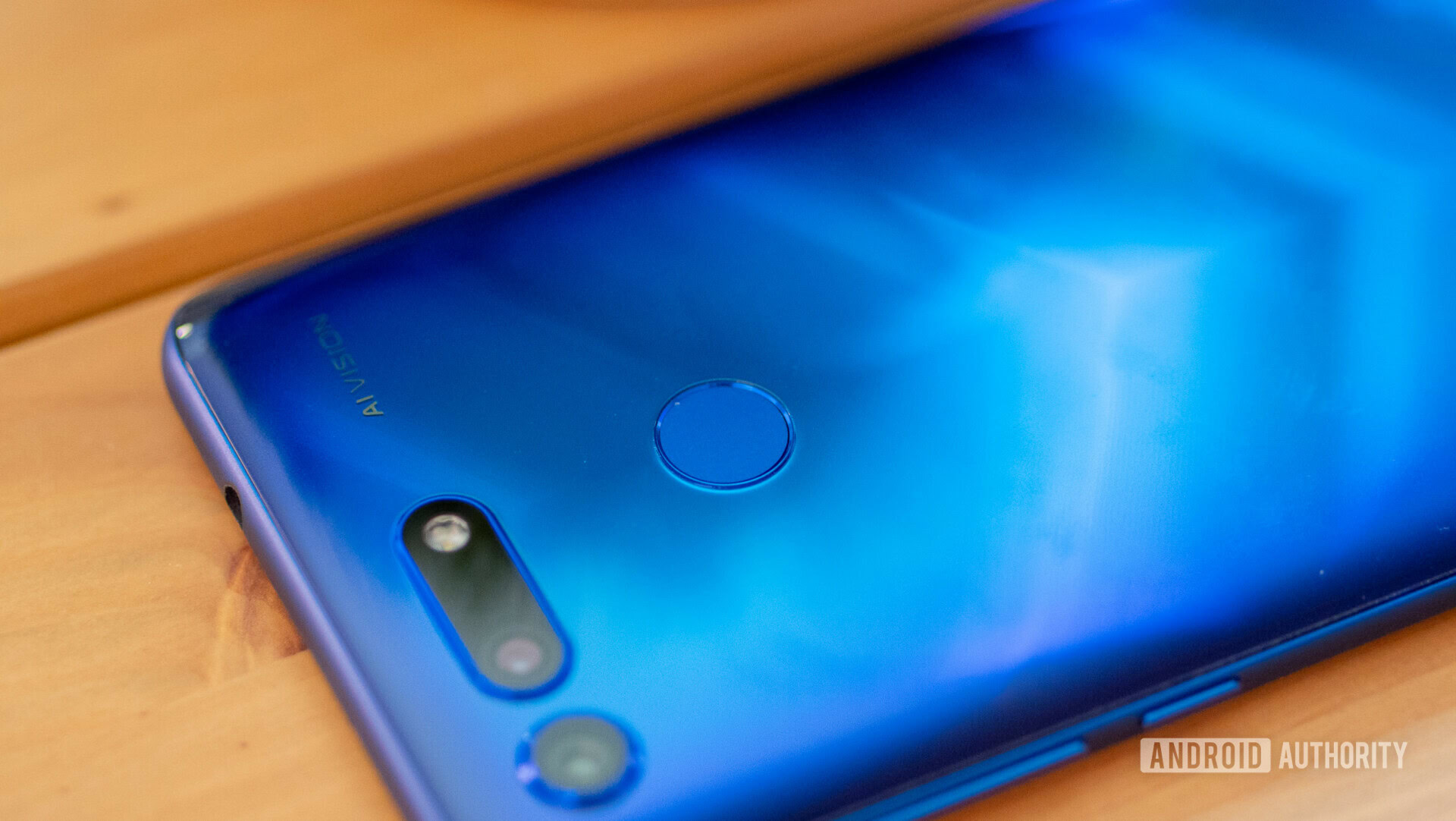
If you’re in the market for a new phone, you should think about what you absolutely can’t live without. If one of those deal-breakers is a feature you can only get from a specific brand or specific model of a device, then buying used will be the best way to save money.
If you don’t have too many deal-breakers or the deal-breakers you do have are relatively common (such as needing a headphone jack or a great camera), just buy a mid-ranger brand new. You’ll get a warranty, you’ll probably be more likely to get software updates, and you won’t have to worry about cosmetic blemishes, missing accessories, etc.
Either way, check out our guide here on buying a used smartphone or check out our other guide here on the best mid-range devices around right now.